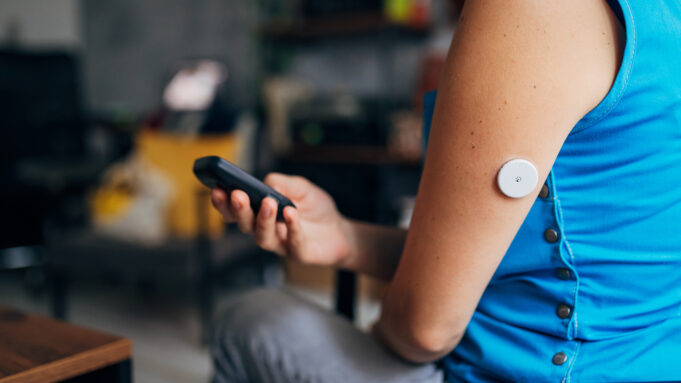Understanding blood sugar levels is crucial for maintaining optimal health, especially for individuals with diabetes. Blood sugar, or glucose, is the primary energy source for your body’s cells. The right balance is essential: too high can lead to long-term complications, while too low can cause immediate dangers.
Key Measurements:
- Fasting Blood Sugar: Indicates your blood sugar level after an overnight fast. Ideal ranges differ for those with and without diabetes.
- Postprandial Blood Sugar: Measures blood sugar after eating, highlighting how your body manages sugar from meals.
- A1C Test: Provides a three-month average of your blood sugar levels, offering a broader perspective on your glucose management.
Blood Sugar Chart for A1C Levels:
- Normal: Below 5.7%
- Pre-diabetes: 5.7% to 6.4%
- Diabetes: 6.5% or higher
For example, an A1C level of 7% corresponds to an estimated average glucose (eAG) of approximately 154 mg/dL, indicating the average blood sugar level over the previous months.
This blood sugar chart serves as a guide to understanding how well your blood sugar levels are being managed over time, helping to identify whether adjustments in treatment or lifestyle changes are necessary. Regular A1C testing is crucial for those managing diabetes to monitor the effectiveness of their management strategies and prevent complications.
Understanding the Numbers:
- Normal Range: For individuals without diabetes, fasting blood sugar levels are typically between 70-99 mg/dL, and post-meal levels are less than 140 mg/dL.
- Pre-Diabetes: Individuals are classified as pre-diabetic when fasting blood glucose levels are between 100 to 125 mg/dL. This condition signals a higher risk of developing diabetes, urging immediate lifestyle and dietary changes to prevent progression.
- Diabetes Diagnosis: Fasting levels above 126 mg/dL or post-meal levels consistently over 200 mg/dL may indicate diabetes.
The Role of Glycemic Index:
- Glycemic Index (GI): Understanding the GI of foods can be transformative in managing blood sugar. Foods with a low GI are digested and absorbed more slowly, causing a gradual rise in blood sugar levels, which is beneficial for long-term glucose management.
Lifestyle Modifications for Blood Sugar Control:
- Dietary Choices: Incorporating whole grains, lean proteins, healthy fats, and abundant fruits and vegetables can stabilize blood sugar levels. Minimizing processed foods, sugary drinks, and high-GI foods is key.
- Physical Activity: Regular exercise improves insulin sensitivity, allowing your muscles to use glucose more effectively lowering blood sugar levels over time.
- Stress Management: Chronic stress can affect blood sugar levels. Techniques such as mindfulness, yoga, and adequate sleep can help manage stress and, by extension, blood sugar.
Monitoring and Medication:
- Continuous Glucose Monitoring (CGM): For some, CGM systems offer a way to continuously track blood sugar levels, providing insights into how different foods and activities affect glucose levels.
- Medication and Insulin Therapy: For those with type 2 diabetes, medications may be necessary to help manage blood sugar levels. Insulin therapy is often required for type 1 diabetes and sometimes for type 2 diabetes.
Importance of Regular Check-ups:
Regular consultations with healthcare providers ensure that any adjustments needed in the management plan are made timely. These check-ups can catch potential complications early and allow treatment plans to be adjusted as necessary.
Conclusion:
Proactive management of blood sugar levels through informed lifestyle choices, dietary changes, regular physical activity, and medication when necessary is essential for maintaining optimal health and preventing the long-term complications associated with uncontrolled blood sugar levels. Empowerment through education and regular health check-ups plays a pivotal role in managing diabetes effectively and living a healthy, balanced life.












